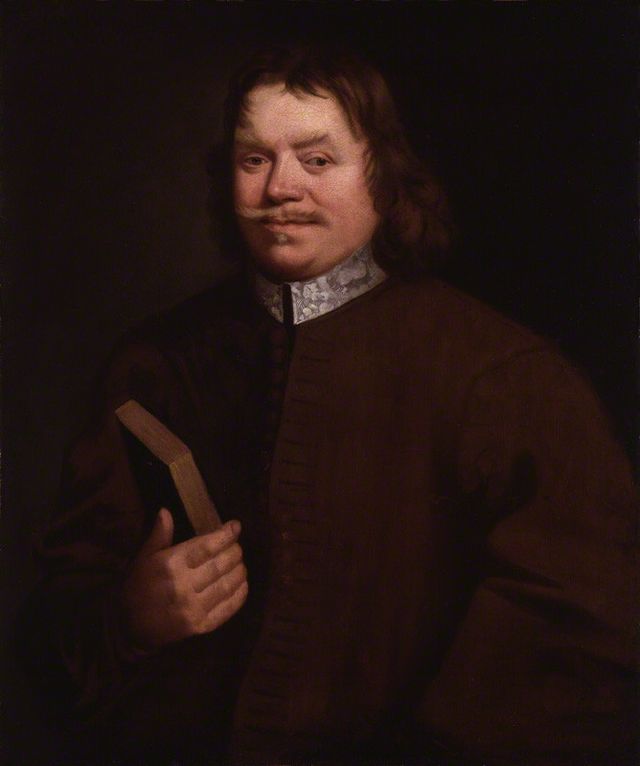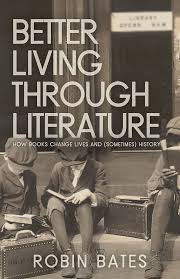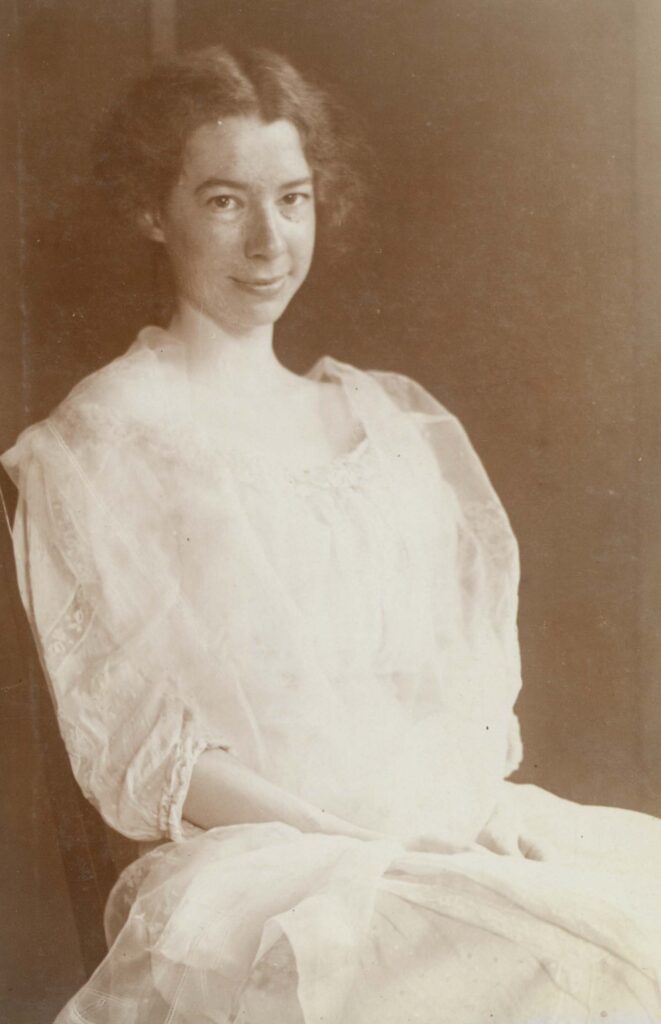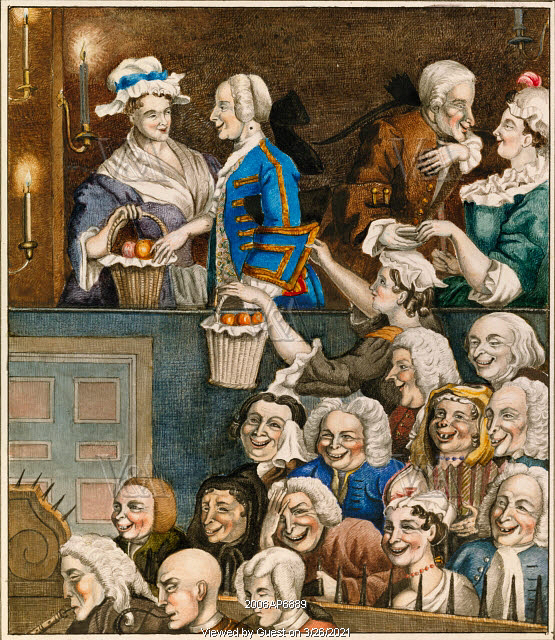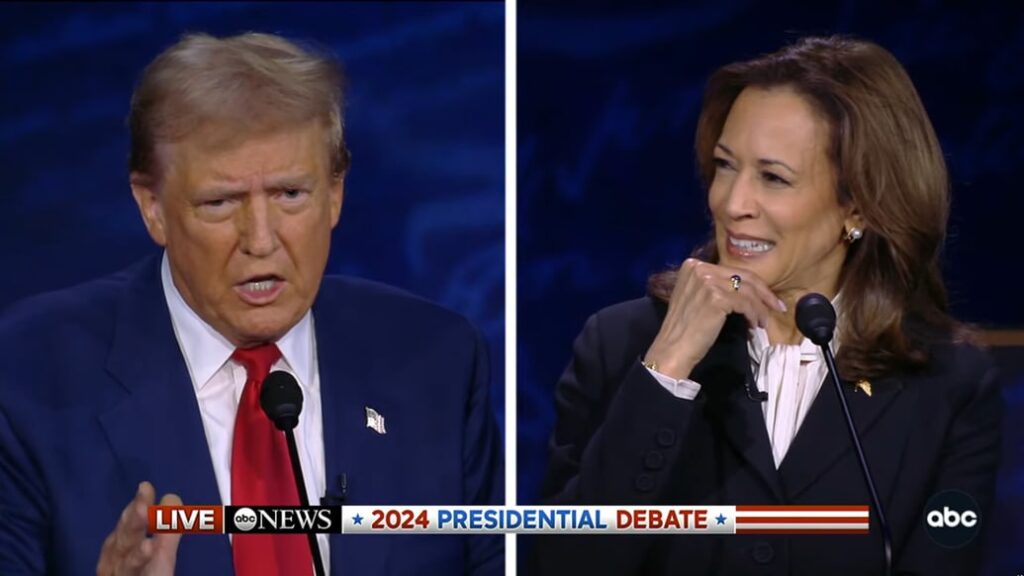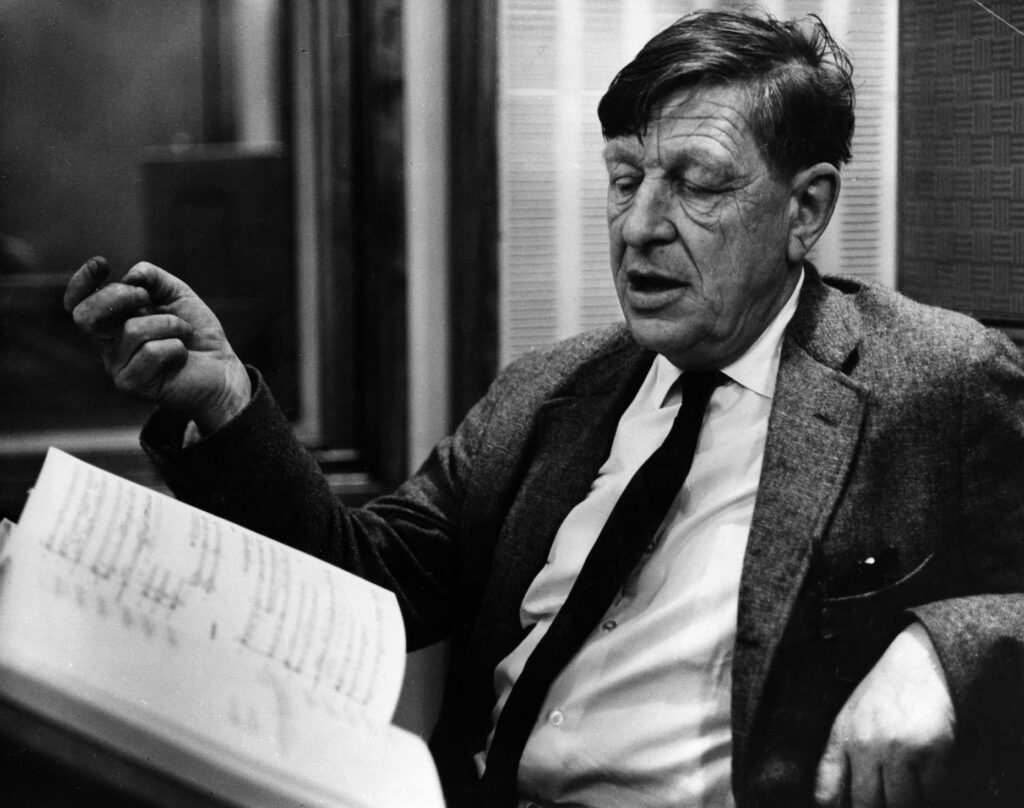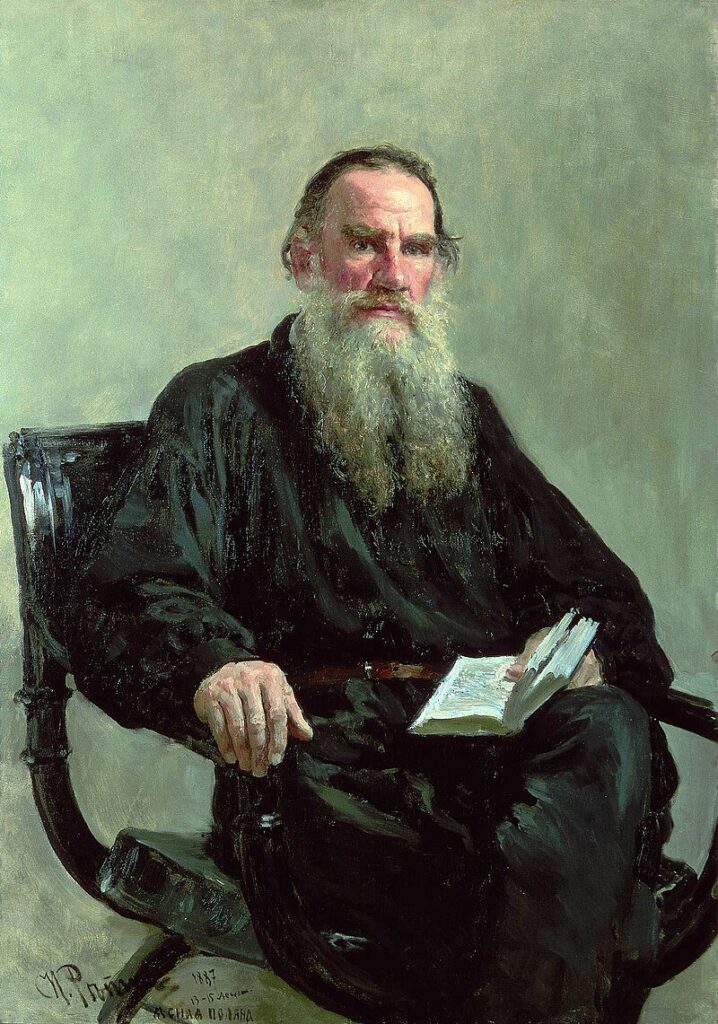Wednesday
Albert Camus has written, “Fiction is the lie through which we tell the truth,” and the assertion has become a truism amongst numerous novelists, including Neil Gaiman and Abraham Verghese. Therefore, it was startling to hear the Republican candidate for vice-president making a similar claim in a CNN interview the other day:
If I have to create stories so that the American media actually pays attention to the suffering of the American people, then that’s what I’m going to do, Dana, because you guys are completely letting Kamala Harris coast.
So to get this straight, it’s okay if J.D. Vance lies because otherwise the lying media will continue to spin the news for the Democratic candidate. He lies to offset their lies.
To be sure, Vance didn’t mention any specific lies that his own lies were supposed to counteract. Harris has certainly not been guilty of anything like his blood libel that Haitian immigrants in Springfield, Ohio are eating their neighbor’s pets. This libel has led to 33 bomb threats, cancellation of a town festival, and the closing of city offices, schools, the hospital, and other venues. Someone may yet get hurt or killed.
And it appears that we are going to see increasing numbers of false stories as we careen towards the November election. Apparently Russian troll farms, momentarily thrown for a loss when Joe Biden exited the race, are now fully dedicated to creating stories about Harris, including a fabricated interview (courtesy of AI) of someone accusing her of having hit her with a car. Expect much more.
If lying has become the go-to strategy for Trump-Vance and their allies, perhaps literature lovers should stop quoting Camus quite so blithely. Fiction, after all, is not a lie but an artistic contract into which we enter. For a short while, we suspend our disbelief. I like the way that Lewis Carroll presents the process in Through the Looking-Glass:
And here I wish I could tell you half the things Alice used to say, beginning with her favorite phrase “Let’s pretend.” She had had quite a long argument with her sister only the day before—all because Alice had begun with “Let’s pretend we’re kings and queens;” and her sister, who liked being very exact, had argued that they couldn’t, because there were only two of them, and Alice had been reduced at last to say, “Well, you can be one of them then, and I’ll be all the rest.” And once she had really frightened her old nurse by shouting suddenly in her ear, “Nurse! Do let’s pretend that I’m a hungry hyaena, and you’re a bone.”
Unlike Vance’s lie, however, Alice’s pretending and Camus’s story creation do not demonize vulnerable populations. They are not intended to be believed.
No sooner do I say this, however, than I recall that there are novels written with precisely this intent. In my recent book I do a deep dive into Jean Raspail’s Camp of Saints and Thomas Dixon’s The Klansman, which D.W. Griffith turned into Birth of a Nation. Both have served to stir up toxic racism.
So fiction, like lying, is a powerful force, one that can be used for good or for ill. It is not only Alice’s sister who is suspicious of fictional pretending. One of my favorite instances of someone grappling with this issue is the Puritan John Bunyan, who got very defensive over the fact that he had written Pilgrim’s Progress. In a poem that serves as the allegory’s preface, he reports attacks on his work and offers his defense.
Once one of England’s most popular works, Pilgrim’s Progress tells the story of Christian’s laborious journey to the Celestial City. Along the way, he gets bogged down in the Slough of Despond, sidetracked by merchants in Vanity Fair, and lured from the Straight and Narrow Path by Mr. Worldly Wiseman. While it sounds unobjectionable from a Christian viewpoint, certain of Bunyan’s fellow Puritans complained that, because the book is indirect, made-up, and insubstantial, it is contrary to the will of God.
Here’s Bunyan using Camus’s defense as he engages with these naysayers:
Why, what’s the matter? “It is dark.” What though?
“But it is feigned.” What of that? I trow?
Some men, by feigned words, as dark as mine,
Make truth to spangle and its rays to shine.
But they want solidness.” Speak, man, thy mind.
“They drown the weak; metaphors make us blind.”
At this point in the poem, Bunyan feels the need to defend metaphors and other figures of speech. His defense is that the Bible is full of them:
Solidity, indeed, becomes the pen
Of him that writeth things divine to men;
But must I needs want solidness, because
By metaphors I speak? Were not God’s laws,
His gospel laws, in olden times held forth
By types, shadows, and metaphors?
In fact, Bunyan points out, the prophets, Christ, and Christ’s apostles all used metaphors, allegories, and parables. With them, the Bible can “turn our darkest nights to days”:
The prophets used much by metaphors
To set forth truth; yea, who so considers Christ,
his apostles too, shall plainly see,
That truths to this day in such mantles be.Am I afraid to say, that holy writ,
Which for its style and phrase puts down all wit,
Is everywhere so full of all these things–
Dark figures, allegories? Yet there springs
From that same book that luster, and those rays
Of light, that turn our darkest nights to days.
To be sure, Bunyan must acknowledge that St. Paul, writing to Timothy, warned him against “profane and old wives’ fables.” I’m pretty sure that the passage from the First Epistle to Timothy (4:7-8) was directed against Bunyan himself by his critics. But he counters that Paul didn’t forbid the use of parables:
Sound words, I know, Timothy is to use,
And old wives’ fables he is to refuse;
But yet grave Paul him nowhere did forbid
The use of parables; in which lay hid
That gold, those pearls, and precious stones that were
Worth digging for, and that with greatest care.
Bunyan draws again on the gold image to summarize his point:
My dark and cloudy words, they do but hold
The truth, as cabinets enclose the gold.
Suspicion of fiction goes back as far as Plato, who saw it as twice removed from reality (it is an imitation of an imitation of the eternal forms that exist in the mind of God). The Puritans were particularly critical of anything that got in the way of plain speaking, and our culture hasn’t broken free of their suspicion of imaginative play.
But such play is not the same thing as Trump and Vance’s outright lying. They are not interested in the deep truth revealed by our great novels.
